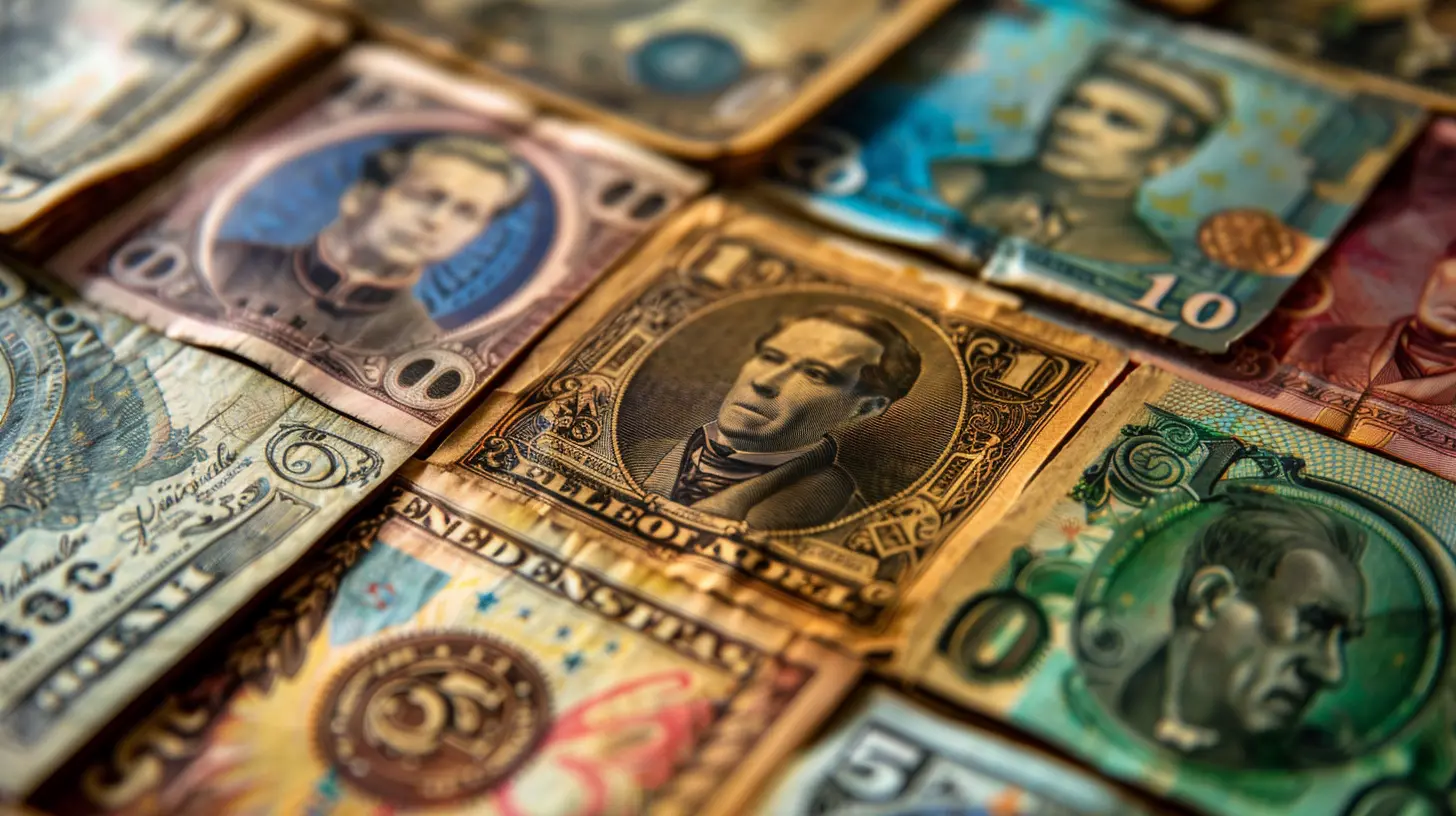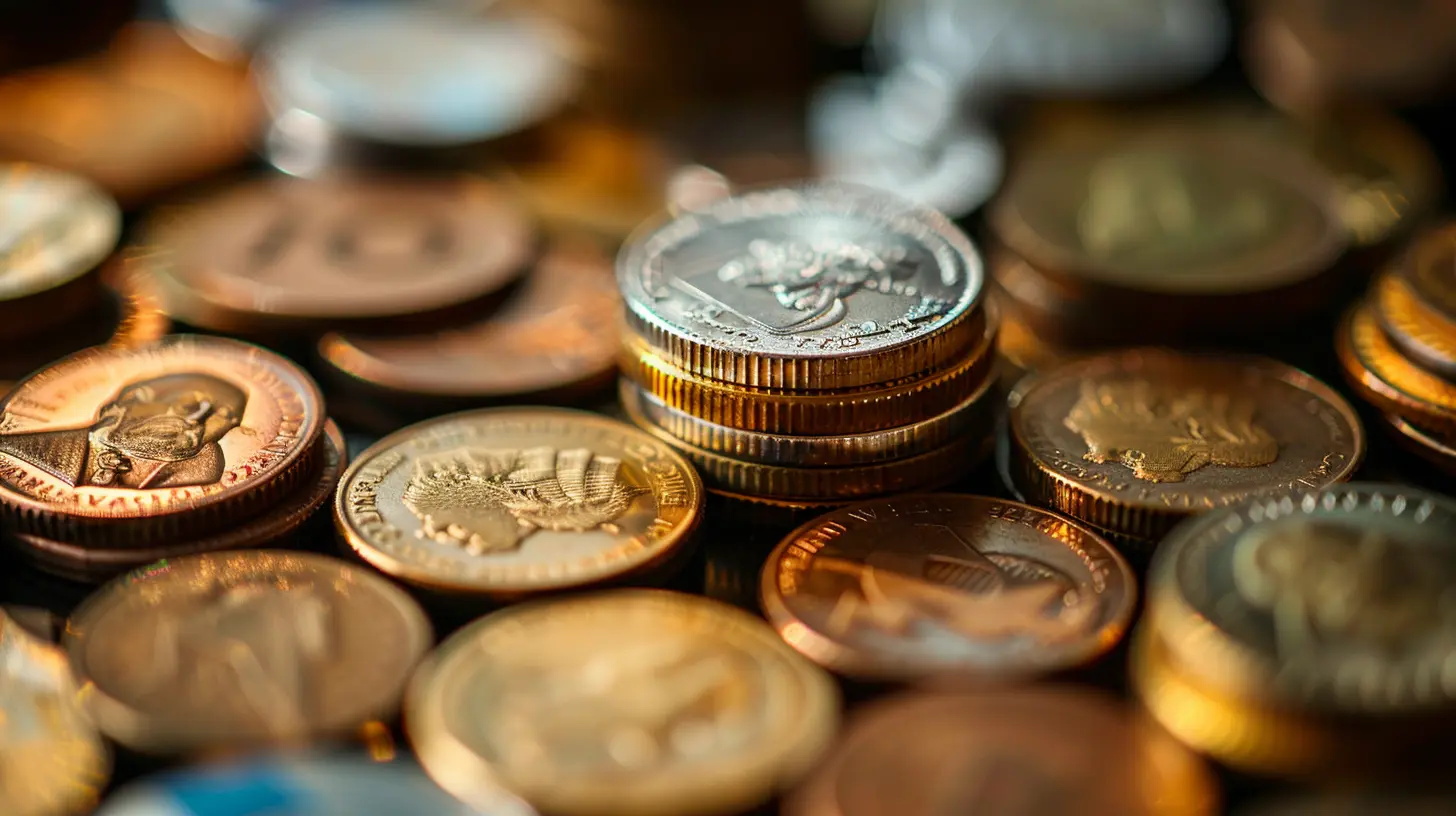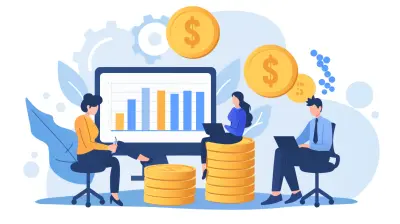22 March 2025
If you've ever traveled abroad and exchanged your hard-earned cash for foreign currency, you might have noticed how the exchange rate can sometimes feel like a moody teenager—unpredictable, dramatic, and constantly changing. But did you know that one of the biggest influencers on these rates is something as seemingly boring as interest rates?
Yep, central banks around the world adjust interest rates, and when they do, currencies either flex their muscles or take a nosedive. So, let's break it down in a way that doesn't require a PhD in economics—because, let's be honest, most of us just want to know why our vacation money is suddenly worth less (or more). 
What Are Interest Rates and Why Should You Care?
If you’ve ever taken out a loan or shoved your money into a savings account, you’ve already dealt with interest rates. These are essentially the cost of borrowing money or the reward for saving it. Central banks, like the U.S. Federal Reserve or the European Central Bank, set these rates to control inflation, economic growth, and—yep, you guessed it—currency values.So, why should you care? Because these rates influence EVERYTHING. From mortgage rates to how much that dream trip to Paris is really going to set you back. 
The Connection Between Interest Rates and Foreign Exchange
The foreign exchange (Forex) market is basically the world’s busiest financial trading hub, with trillions of dollars exchanged daily. And guess what? Interest rates act like a puppet master, pulling the strings on currency values.When a central bank raises interest rates, investors get excited. Higher rates mean better returns for their money. It’s like offering free pizza at a party—more people show up because they want a piece of the action. As a result, demand for that country's currency increases, making it stronger.
On the flip side, when interest rates drop, investors aren’t as thrilled. Why put your money somewhere that offers low returns? Just like how nobody wants to go to a party with cold pizza, investors take their money elsewhere, and that currency weakens. 
How Interest Rate Changes Affect Currency Strength
Let’s break this down with a simple scenario.Imagine you’re an investor with a choice between two savings accounts:
1. Bank A (Country A) is offering a 5% interest rate.
2. Bank B (Country B) is offering a 1% interest rate.
Where would you put your money? Probably in Bank A, right?
Now, apply that thinking to foreign exchange markets. Countries with higher interest rates attract more investors, who need to buy that country's currency to take advantage of those juicy returns. This increases demand and strengthens the currency.
On the other hand, if a country slashes its interest rates, investors move their money elsewhere, reducing demand and weakening its currency. 
Real-World Examples of Interest Rate Impact on Forex
Let’s take a trip down memory lane and look at some real-life instances where interest rates shook the forex market:1. The U.S. Dollar and the Fed’s Rate Hikes
When the Federal Reserve started raising interest rates post-2015, the U.S. dollar flexed its muscles. Investors saw the hikes as a sign that the U.S. economy was strong, leading to increased demand for the dollar and a stronger exchange rate.2. Japan’s Low-Interest-Rate Strategy
Japan has been keeping its interest rates near zero for years. As a result, the Japanese yen doesn't offer attractive returns, which limits its strength against other major currencies.3. Brexit and the British Pound
When the U.K. faced uncertainty around Brexit, the Bank of England hesitated to raise interest rates. Investors saw this as a sign of economic instability, leading to a weaker pound against major currencies like the U.S. dollar and euro.The Role of Inflation in the Interest Rate Game
Interest rates don’t operate in a vacuum. Inflation plays a big role in how central banks make their decisions.- If inflation is high, central banks often raise interest rates to slow down spending and bring prices under control.
- If inflation is low, they might cut rates to encourage borrowing and spending, which can boost economic growth.
But here’s the kicker: if a country raises interest rates too much, it can slow economic growth, which might ultimately drag its currency down. It’s a delicate balancing act—kind of like trying to season food without making it too salty.
How Traders and Investors Use Interest Rates to Their Advantage
Interest rates are a big deal for forex traders. Some traders specialize in a strategy called the carry trade, where they borrow from a country with low interest rates and invest in a country with high interest rates.For example, if Japan has super-low interest rates and Australia has higher rates, a trader might borrow in yen and invest in Australian dollars, pocketing the difference in interest. Sounds like easy money, right? Well, not exactly—because exchange rates fluctuate, and a sudden market jolt can turn easy profits into painful losses.
What Does This Mean for Everyday People?
Alright, so you're not a forex trader or a hedge fund manager—but interest rates still impact you.- Traveling abroad? If your home country’s central bank raises interest rates, your currency might be stronger, meaning you get more bang for your buck overseas.
- Buying imported goods? A stronger currency makes imports cheaper, which can lower prices on things like electronics, cars, and even coffee.
- Investing? Interest rate changes can affect stock markets, particularly in industries that rely on borrowing (like real estate and tech).
So, even if you don’t trade currencies for a living, these interest rate moves still find their way into your wallet.
Conclusion
Interest rates may not be the most thrilling topic in finance, but they hold massive power over foreign exchange markets. A small change in rates can send currencies soaring or tumbling, affecting everything from international trade to your next vacation budget.So, the next time you hear that your country’s central bank is adjusting interest rates, don’t just tune out. That tiny percentage change could be the difference between sipping cocktails on a beach or realizing that your travel money now only covers a fast-food meal.
Money talks—and in the world of forex, interest rates are like the megaphone making sure everyone hears loud and clear.









Amy Kirk
This article effectively highlights how rising interest rates can strengthen a currency by attracting foreign investment, while also emphasizing the interconnectedness of global markets. A clear, insightful read!
April 3, 2025 at 5:00 AM